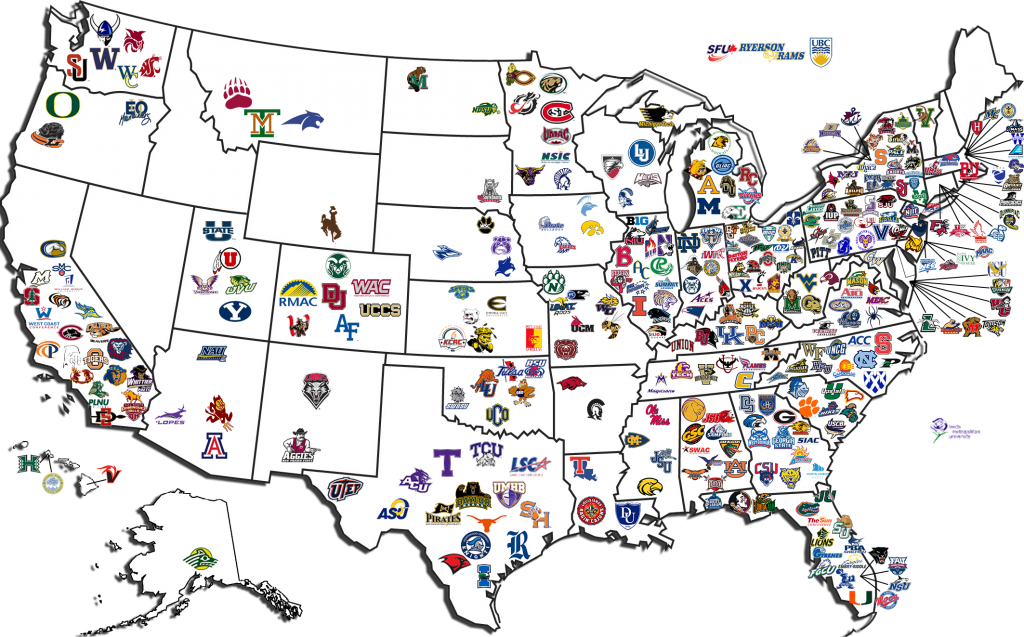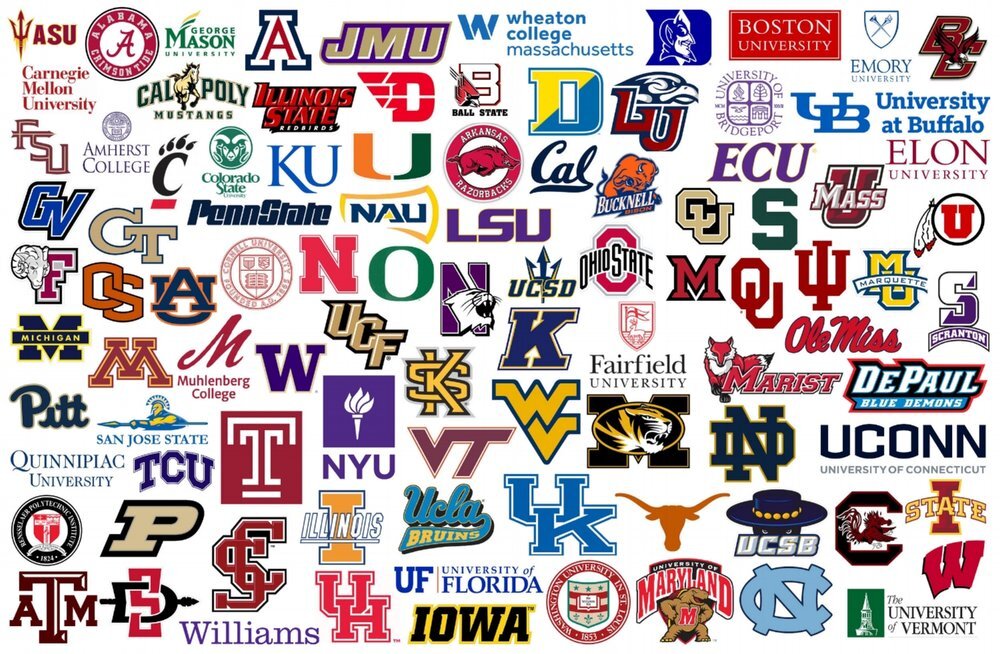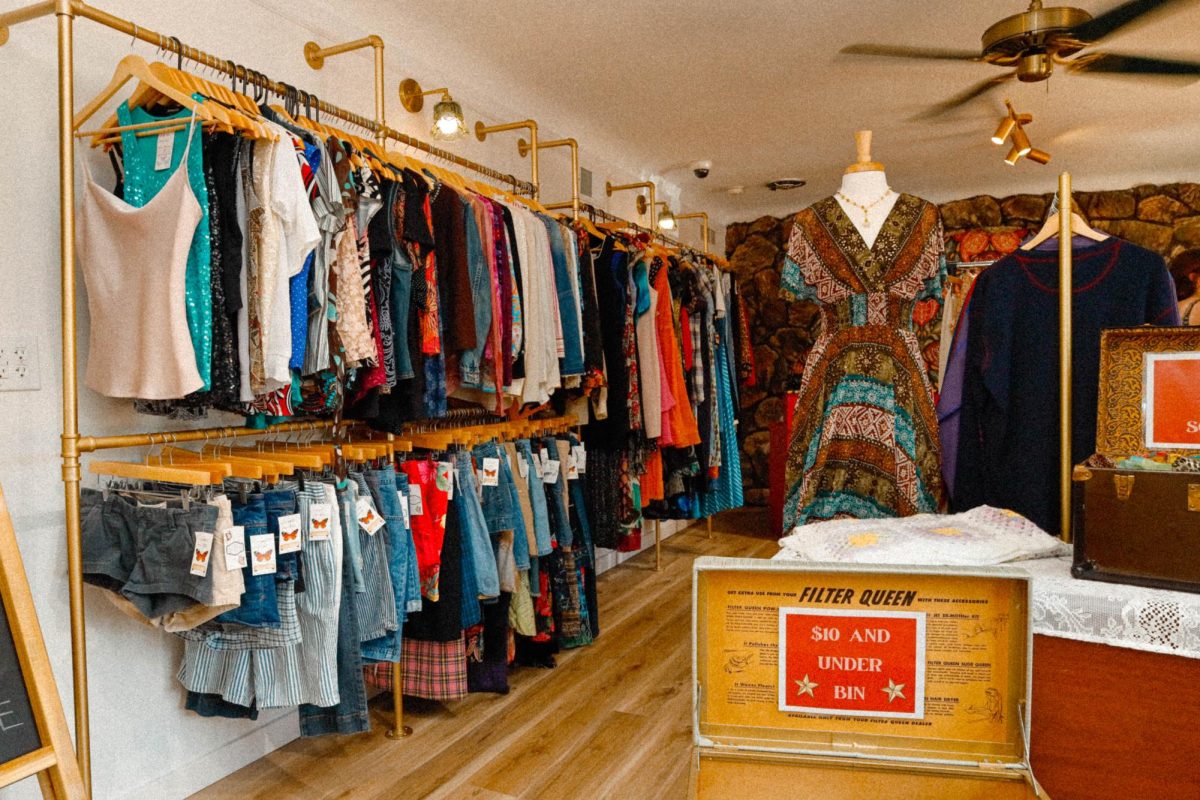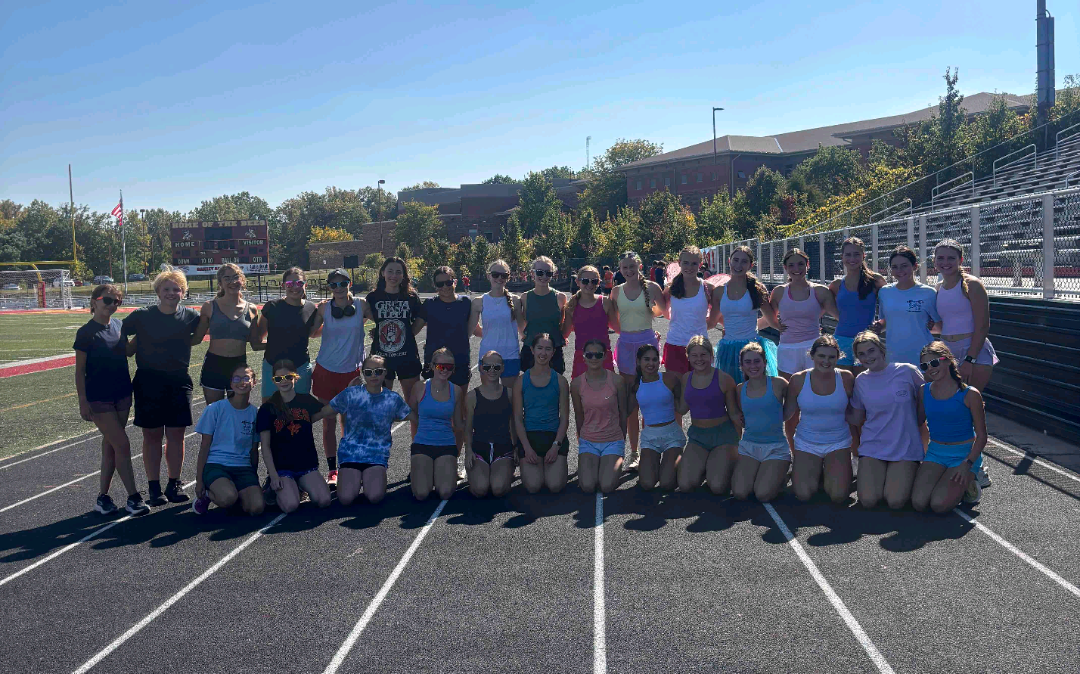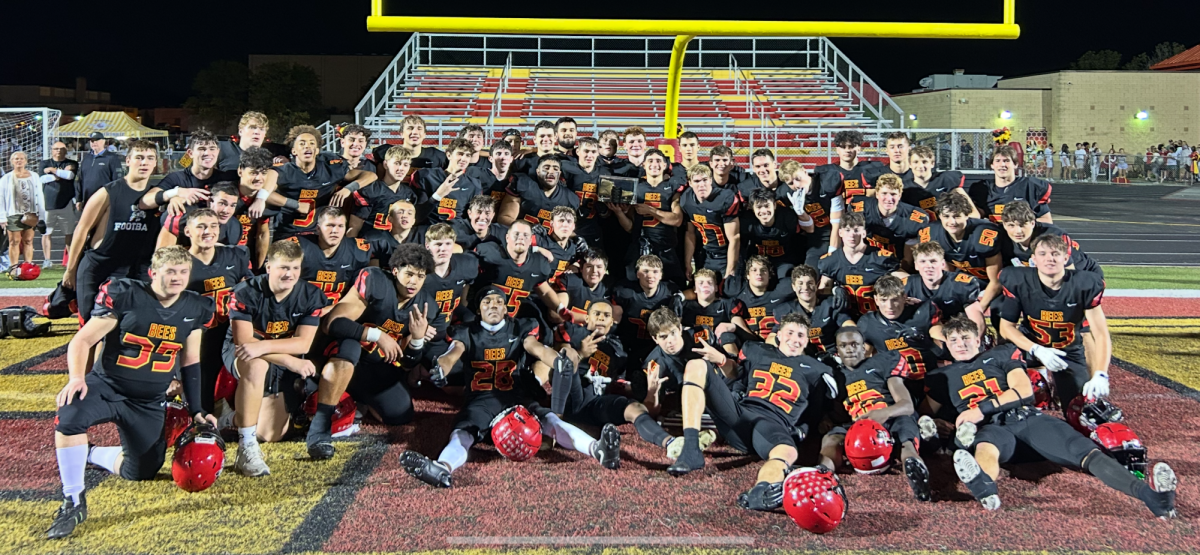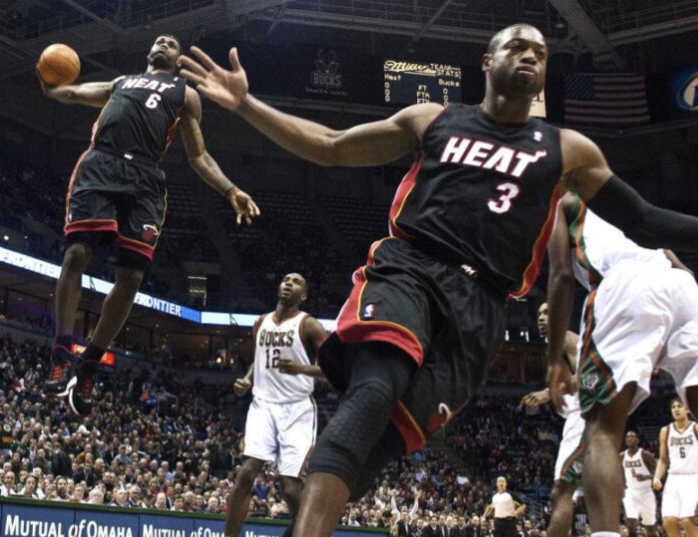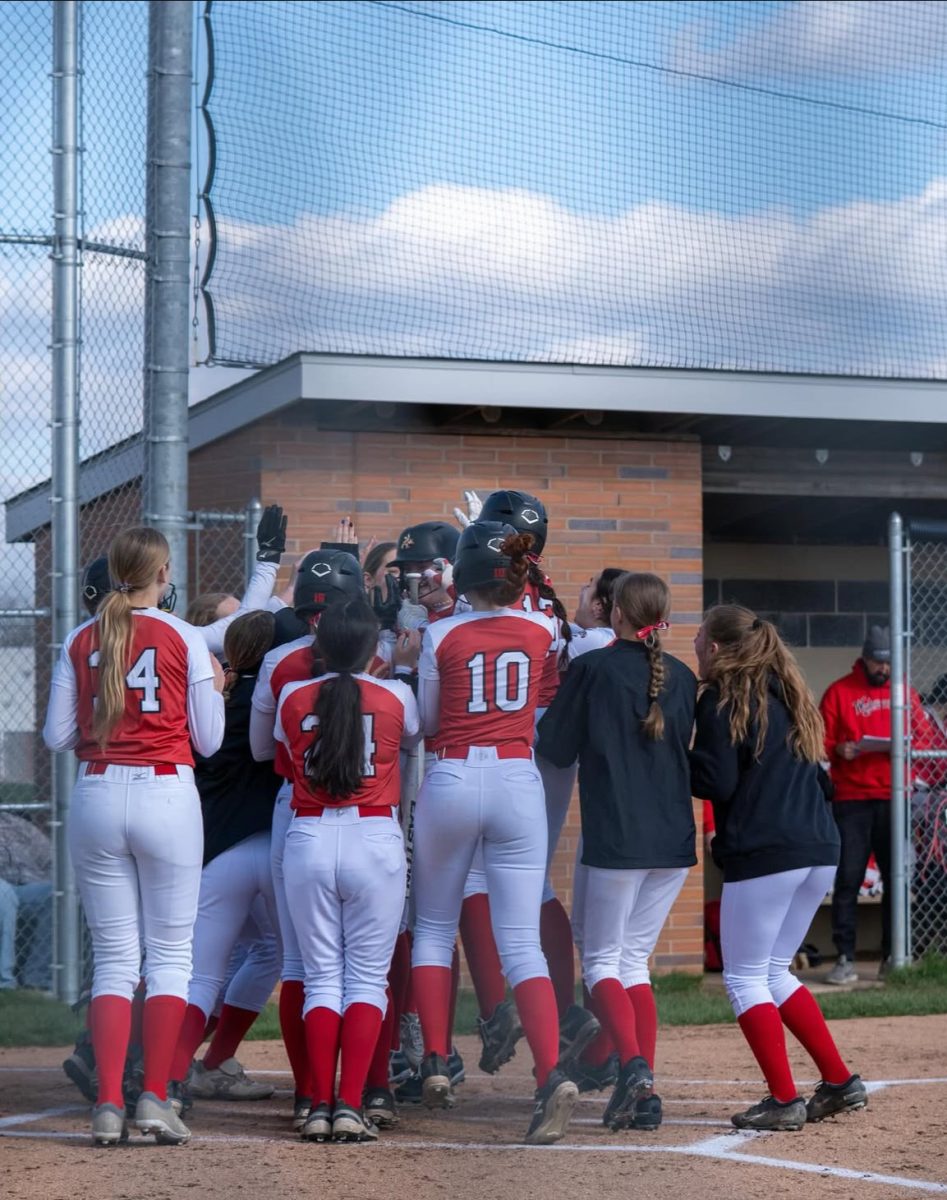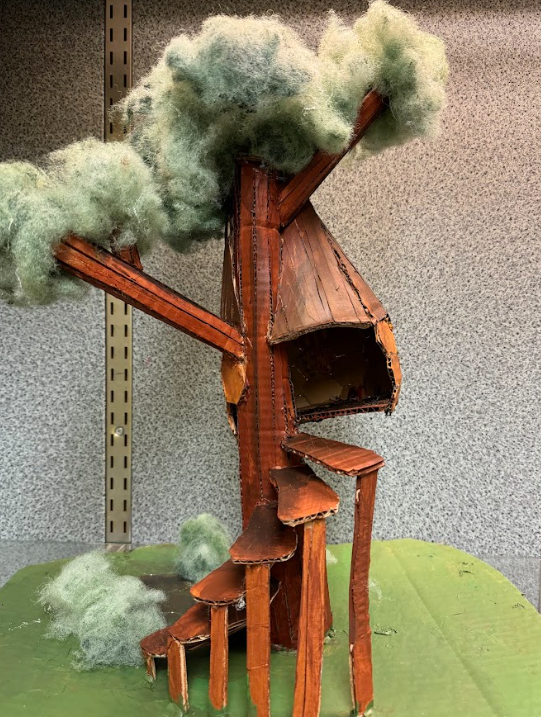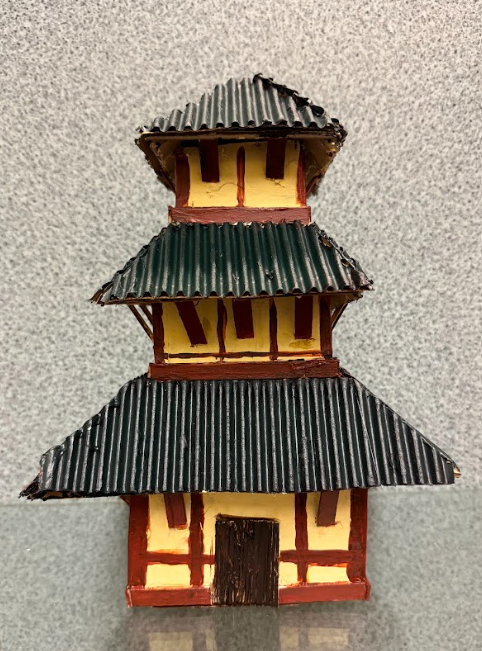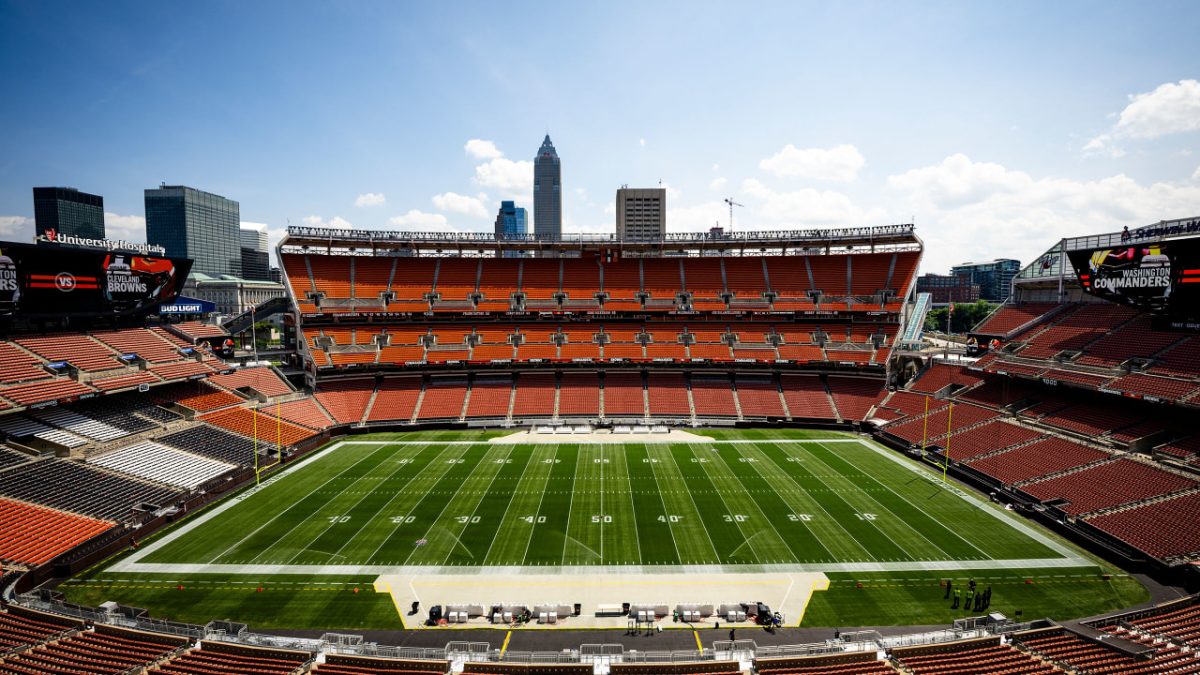In a city rooted in football history, the Cleveland Browns are causing both anger and excitement as speculation about a possible historic move circulates. With their lease at FirstEnergy Stadium set to expire in 2028, the organization is considering a major shift that could transform Cleveland sports.
Dawgs by Nature, which covers the latest Cleveland Browns news from a fan’s perspective, reports that the Browns are considering a move to the suburbs, a choice that has caused heated controversy among fans and local officials alike. The planned site, which is strategically located near the Cleveland Hopkins International Airport and the BrookPark RTA Rapid Station, provides easy access to both local and visiting spectators.
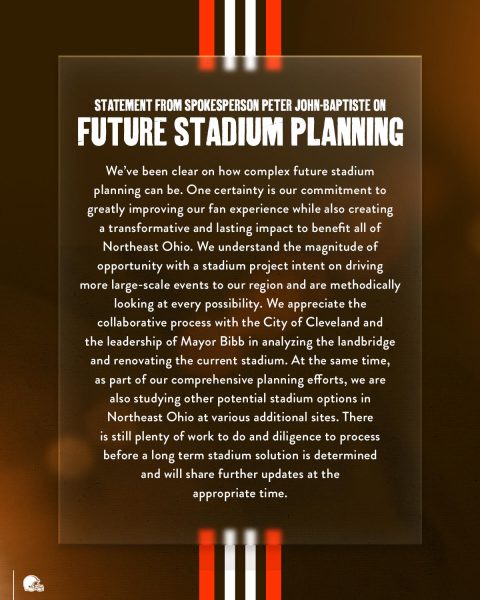
Barry Shuck, historian and writer for Dawgs by Nature, reports that in the 1980s, former Browns owner, Art Modell, purchased a substantial amount of land in Strongsville, Ohio, with the notion of potentially constructing a new stadium there. However, he ultimately sold all of that land for residential purposes because fans voted no on it, causing him to move on to Baltimore.
While the team has called the city home for decades, supporters of its move claim that a contemporary, cutting-edge stadium in the suburbs might refresh the franchise and attract profitable opportunities for the city.
Jose Garcia, the SRO at the high school, states, “We would probably host more national sporting events in Cleveland, which could drastically improve the city overall.”
One of the motivators for the proposed move is the ability to host large events like the Super Bowl, Final Fours, and high-profile concerts. According to AP News, the attractiveness of these events might bring a big economic boost to Cleveland by attracting tourists and strengthening the local economy.
However, not everyone is thrilled with the idea of the Browns leaving their historic home in downtown Cleveland. Critics worry that relocating to the suburbs might alienate devoted supporters who have stuck with the team through thick and thin and many people are concerned that moving the stadium will cut links with its rich history.
Like many others who oppose the move, Brooke Bond, a freshman at the high school, states, “I think its [the stadium’s] position right next to Lake Erie is iconic, and a staple part of the layout and the history of Cleveland.”
Furthermore, concerns remain about the possible impact on the nearby neighborhood. While a new stadium may provide economic benefits, t
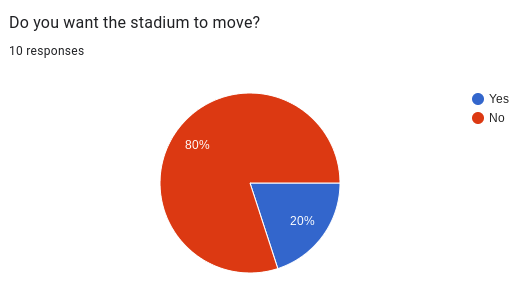
here are worries about increased traffic, noise pollution, and impacts on the local residents.”
Kenny Whitten, a senior at the high school states, “Some people who live close to the new stadium may be mad because of the changes to their [current] surroundings, as well as people who used to live closer to the current stadium, because of the change in proximity to events held at the stadium.”
As conversations progress, the Browns find themselves at a crossroads, weighing history with innovation and community values against economic potential. The final decision will not only influence the franchise’s future, but will also have a long-term impact on Cleveland as a whole.
For the time being, supporters can only guess about the future of the Browns. Will they stick to their origins in downtown Cleveland, or will they start a new chapter in the suburbs? Only time will tell, as the clock to 2028 continues and the discussion heats up.



